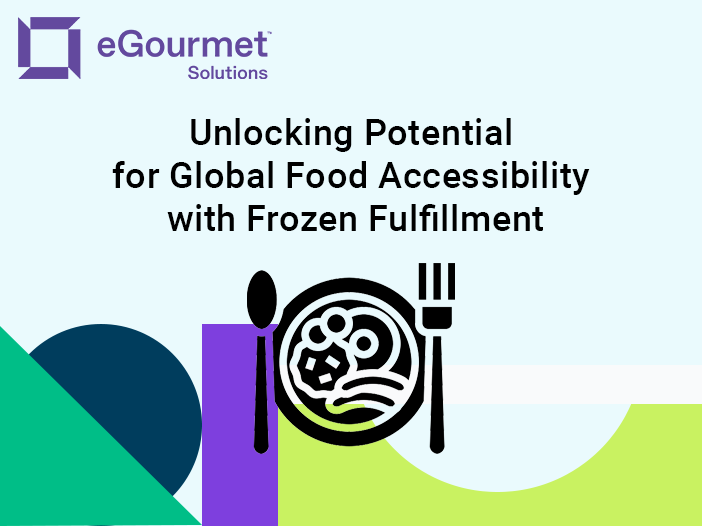
Meta Desc:
Access to nutritious food is a fundamental human right, yet many regions around the world face challenges in achieving food security. Frozen fulfillment, an innovative approach to food distribution and logistics, holds great potential for enhancing global food accessibility. By leveraging the advantages of freezing technology and efficient supply chain management, frozen fulfillment can overcome geographical barriers, extend shelf life, and ensure a steady supply of nutritious food. Let’s explore how frozen fulfillment is unlocking the potential for greater food accessibility worldwide.
Overcoming Geographical Constraints:
Frozen fulfillment enables the transportation of perishable food across vast distances and remote locations. This is particularly beneficial for regions with limited agricultural resources or areas affected by climate-related challenges. By leveraging frozen fulfillment, food can be preserved during long journeys, allowing it to reach places where fresh produce is scarce or unavailable.
Extending Shelf Life and Reducing Food Waste:
Freezing technology significantly extends the shelf life of food products. This enables food to be stored longer without compromising its nutritional value. As a result, frozen fulfillment helps reduce food waste by minimizing spoilage and allowing for better inventory management. According to the Food and Agriculture Organization (FAO), the global food waste problem can be addressed by implementing proper storage and transportation methods. Frozen fulfillment aligns with these recommendations and contributes to reducing food waste on a global scale.
Ensuring Nutritional Value and Quality:
Frozen fulfillment preserves the nutritional value and quality of food. The freezing process helps retain essential vitamins, minerals, and antioxidants in fruits, vegetables, and other perishable goods. A study published in the Journal of Food Science found that frozen fruits and vegetables can have similar or even higher nutritional content compared to fresh produce. By making frozen food accessible, global populations can access nutrient-rich options regardless of seasonal variations or geographic limitations.
Frozen fulfillment presents a compelling solution to enhance global food accessibility. By overcoming geographical constraints, extending shelf life, and preserving nutritional value, this innovative approach holds promise in addressing food security challenges. As technologies and logistics continue to advance, frozen fulfillment can play a vital role in ensuring a steady supply of nutritious food to underserved regions, contributing to a more sustainable and equitable global food system.